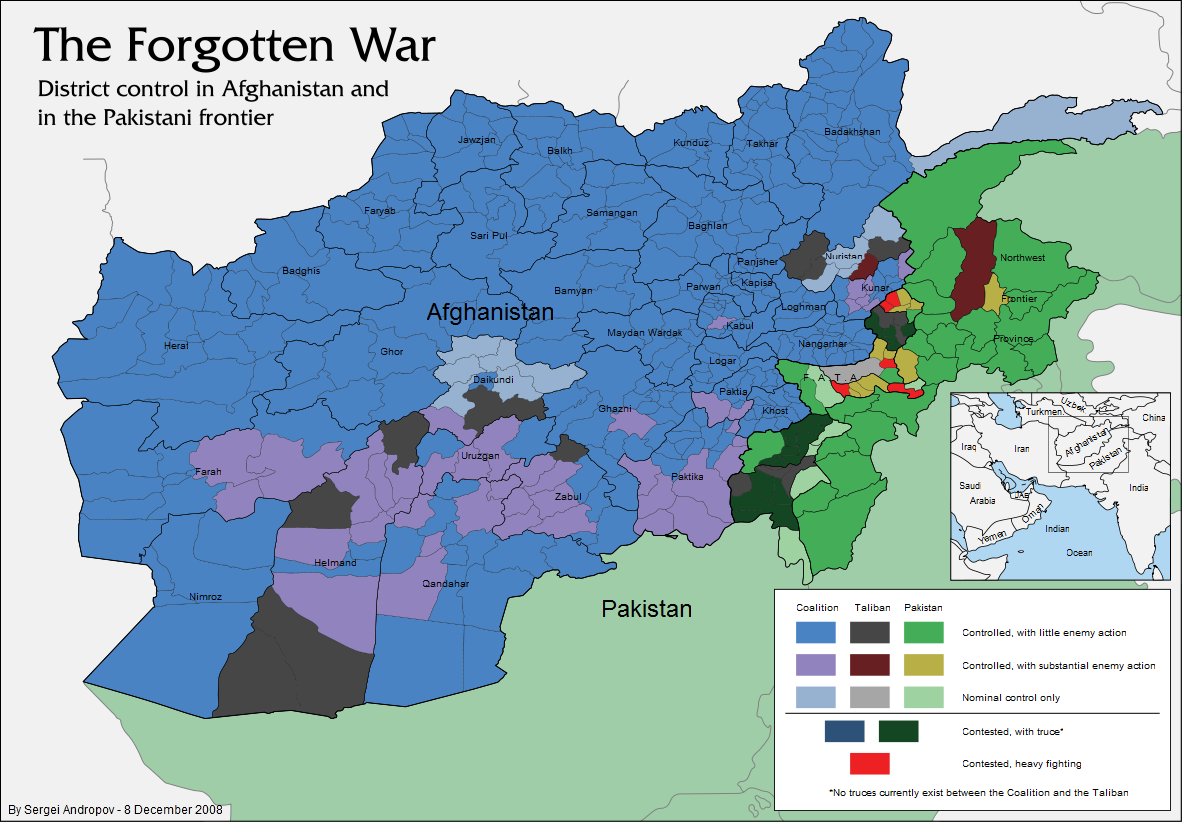Pakistan has suspended supplies to US and Nato forces in neighbouring Afghanistan as security forces launch a major offensive against suspected pro-Taliban fighters.
The Khyber Pass supply route in the troubled northwest tribal belt was closed on Tuesday, as Pakistan sent tanks, helicopter gunships and artillery units into the region.
Tariq Hayat, the Khyber region's top administrator, said a curfew had been imposed in the region and the main road leading to the Afghan border had been sealed.
"Supplies to Nato forces will remain suspended until we clear the area of militants and outlaws who have gone out of control," he said.
Hayat confirmed Pakistani security forces had launched "an operation against militants and armed groups in Jamrud" - the gateway to the Khyber Pass.
'Giant operation'
Pro-Taliban fighters have carried out a string of attacks in recent months aimed at choking off supplies transported to foreign forces in landlocked Afghanistan through northwest Pakistan.
Hundreds of Nato and US-led coalition vehicles were destroyed in a series of raids earlier this month.
"This is a giant operation. It will continue until we achieve our objective," Hayat said, adding that the operation could be extended beyond the Jamrud region if deemed necessary.
Alongside putting a stop to attacks on Nato and US supply vehicles, Hayat said the operation had been launched to tackle a spate of kidnappings for ransom in the tribal belt that straddles the Pakistan-Afghan border.
Hayat said: "We have 26 targets, we will eliminate their [pro-Taliban and al-Qaeda fighters] hideouts."
Two weeks ago, several haulage companies in Pakistan refused to undertake journeys along the 50km route, saying the security of their drivers could not be guaranteed.
Via Al Jazeera.
Comment:
The pass being closed will pose a very large problem, as most of our supplies go through it. It is, however, nice to see Pakistan going on the offensive after losing three districts the way they have.


